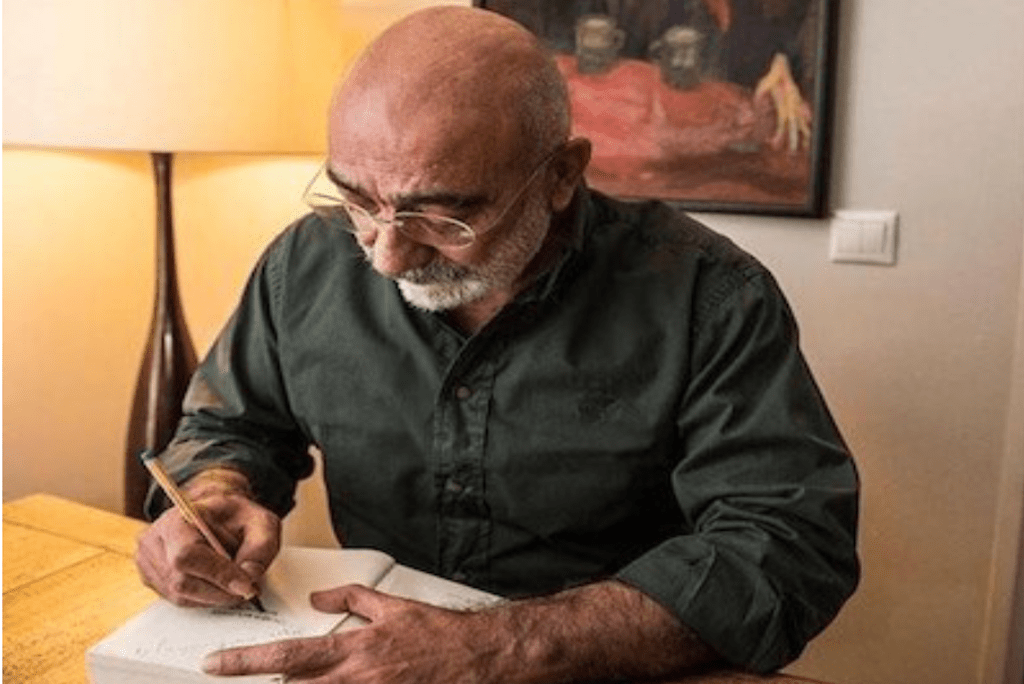Turkish author and journalist Ahmet Altan, who was released in April after more than four years in prison, has been named as the recipient of France’s Prix Femina for “Madame Hayat,” a novel written behind bars and not yet available in the author’s native language of Turkish, the Stockholm Center for Freedom reported on Tuesday.
Gathered at the Carnavalet Museum in Paris, the exclusively feminine jury headed by Josyane Savigneau announced their choice on Monday.
Altan dedicated the prize to Turkish and Kurdish female political prisoners.
Turkish author will not be able to attend the awards ceremony due to a travel ban imposed on him.
Altan also received France’s André Malraux literary prize in 2019 for “I Will Never See the World Again,” which was written in Altan’s prison cell and smuggled out among notes to his lawyers.
During his imprisonment, Altan had continued to speak his mind. “You can imprison me but you cannot keep me here. Because, like all writers, I have magic, I can pass through your walls with ease,” Altan wrote in “I Will Never See the World Again.”
In April the Turkish Supreme Court of Appeals ordered Altan’s release a day after the European Court of Human Rights (ECtHR) ruled that Turkey had violated Altan’s rights. The appeals court overturned his conviction in the 2019 case related to charges of “assisting a terrorist organization.”
Altan was arrested shortly after a coup attempt in July 2016 as part of a purge of media organizations and was accused of supporting the attempt by spreading “subliminal messages announcing a military coup” on television.
He was subsequently sentenced to life in prison for allegedly trying to overthrow the government — a ruling later quashed by Turkey’s top court. Altan was briefly freed and cleared of all charges before being almost immediately rearrested in 2019.
The case was re-examined, and he was sentenced to 10 years, six months for “knowingly supporting a terrorist organization” that was involved in the coup bid.
He had turned to the ECtHR for help in 2017 after calling the charges against him “grotesque.”
In its verdict the ECtHR found that “there was no evidence that the actions of the applicant had been part of a plan to overthrow the government.”
***Show us some LOVE by sharing it!***

